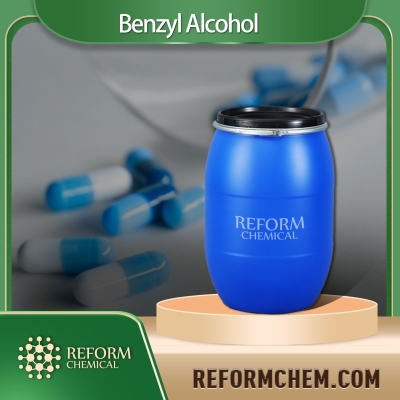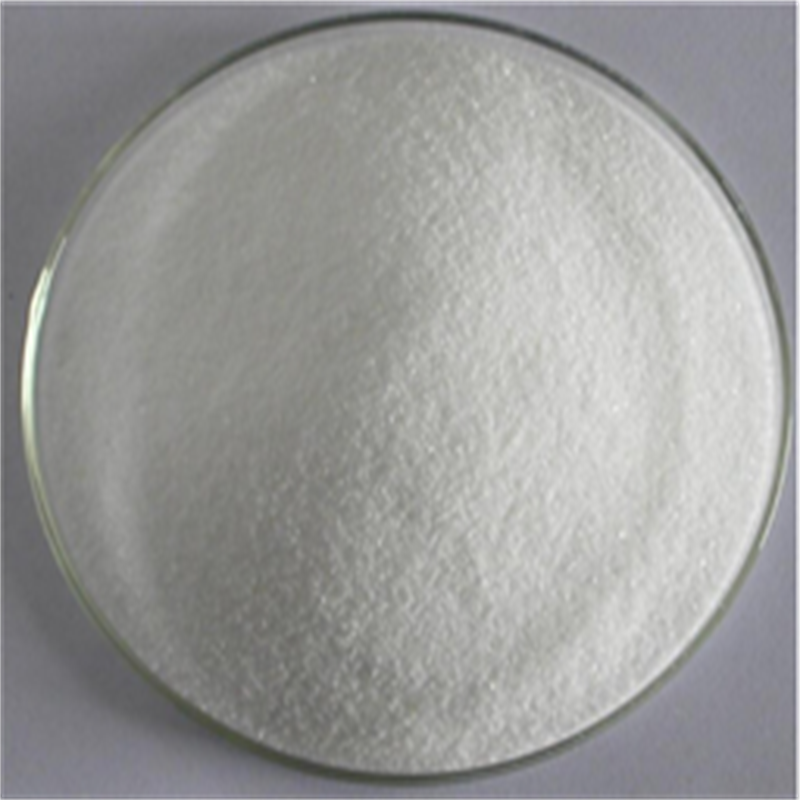-
Categories
-
Pharmaceutical Intermediates
-
Active Pharmaceutical Ingredients
-
Food Additives
- Industrial Coatings
- Agrochemicals
- Dyes and Pigments
- Surfactant
- Flavors and Fragrances
- Chemical Reagents
- Catalyst and Auxiliary
- Natural Products
- Inorganic Chemistry
-
Organic Chemistry
-
Biochemical Engineering
- Analytical Chemistry
-
Cosmetic Ingredient
- Water Treatment Chemical
-
Pharmaceutical Intermediates
Promotion
ECHEMI Mall
Wholesale
Weekly Price
Exhibition
News
-
Trade Service
Compiled and sorted out, please do not reprint
without authorization.
The increasing complexity of patients undergoing surgery makes perioperative medication management challenging
.
In August 2022, the Society for Perioperative Assessment and Quality Improvement (SPAQI) published a consensus statement
on the preoperative management of drugs for rheumatology and AIDS treatment.
1.
Preoperative advice: Continue to use before surgery, including on the day of surgery
Other considerations: the drug can affect multiple organ systems (eg, heart, kidneys, lungs, liver, hematologic system); Fluctuations in renal function may produce toxic reactions
Adjunctive tests: complete blood count (CBC), creatinine, and liver function tests (LFTs)
2.
Preoperative advice: Continue to use before surgery, including on the day of surgery
Other considerations: may reduce the white blood cell count
Auxiliary tests: CBC
3.
Preoperative advice: Continue to use before surgery, including on the day of surgery
Other considerations: can lead to prolongation of the QT interval, hypoglycemia, pancytopenia
Auxiliary tests: CBC, electrocardiogram (ECG)
4.
Preoperative advice: discontinue 4 weeks before surgery
Other considerations: may lead to increased risk of infection, bone marrow suppression, cardiac and bladder toxic effects, syndrome of improper secretion of antidiuretic hormone (SIADH)
Auxiliary tests: CBC, electrolytes, urinalysis
5.
Preoperative advice: Continue to use before surgery, including on the day of surgery
Other considerations: associated with hyperglycemia and an increased risk of infection; Long-term use is associated with increased postoperative complications (including infection), therefore, preoperative should be reduced to the lowest dose as possible
Ancillary test: rapid blood glucose test
6.
Apost
Preoperative advice: Continue to use before surgery, including on the day of surgery
Other considerations: can cause headache, dizziness, diarrhea, nausea/vomiting
7.
Sulfasalazine
Preoperative advice: Continue to use before surgery, including on the day of surgery
Other considerations: in combination with NSAIDs increases the risk of bleeding
Adjunctive tests: CBC, LFTs, creatinine
8.
Leflunomide
Preoperative advice: Continue to use before surgery, including on the day of surgery
Other considerations: can cause respiratory infections, headaches, rashes and liver enzyme abnormalities; There is an interaction with several oral hypoglycemic drugs, which increases the risk of hypoglycemia
Auxiliary tests: CBC, LFTs,
9.
Mycophenolate mofetil
Preoperative recommendations:
➤ Severe systemic lupus erythematosus (SLE) – continued preoperatively, including on the day of surgery
➤ Non-severe SLE – discontinued 7 days before surgery
Other considerations: toxic effects may occur if renal function declines postoperatively
Adjunctive tests: CBC, electrolytes, and creatinine
10.
Azoprine
Preoperative recommendations:
➤ Severe SLE — Continue to use before surgery, including on the day of surgery
➤ Non-severe SLE – discontinued 7 days before surgery
Other considerations: 3-5 days after surgery, as long as there are no wound healing or infection problems at the surgical site or other sites, you can start using again
Adjunctive tests: CBC, LFTs, and creatinine
11.
Cyclosporine
Preoperative recommendations:
➤ Severe SLE — Continue to use before surgery, including on the day of surgery
➤ Non-severe SLE – discontinued 7 days before surgery
Other considerations: neurotoxic effects (paresthesias, delirium, seizures) and nephrotoxic effects; Multiple drug-drug interactions with inhibition/induction of CYP34A drugs, many of which are used in the perioperative period, requiring close monitoring of cyclosporine levels; 3-5 days after surgery, as long as there are no wound healing or infection problems at the surgical site or other areas, you can start using again
Auxiliary tests: CBC, electrolytes, magnesium, glucose levels and creatinine
12.
Tacrolimus
Preoperative recommendations:
➤ Severe SLE — Continue to use before surgery, including on the day of surgery
➤ Non-severe SLE – discontinued 7 days before surgery
Other considerations: can lead to nephrotoxic and neurotoxic effects, prolongation of the QT interval, new diabetes mellitus, as well as pure red blood cell aplasia; The presence of multiple drug-drug interactions with inhibition/induction of CYP34A drugs, many of which are used in the perioperative period, requires close monitoring of tacrolimus levels; 3-5 days after surgery, as long as there are no wound healing or infection problems at the surgical site or other areas, you can start using again
Auxiliary tests: ECG, CBC, electrolytes, magnesium, glucose levels and creatinine
13.
Voclosporin
Preoperative advice: continue to apply according to the treatment cycle, and arrange surgery at the end of the treatment cycle
Other considerations: can lead to nephrotoxic and neurotoxic effects, prolongation of the QT interval, hypertension; There are multiple drug-drug interactions with inhibition/induction of CYP34A drugs
Auxiliary tests: ECG, CBC, electrolytes, magnesium and creatinine
Oprea AD, Keshock MC, et al.
Preoperative Management of Medications for Psychiatric Diseases: Society for Perioperative Assessment and Quality Improvement Consensus Statement.
Mayo Clin Proc.
2022 Feb; 97(2):397-416.
doi: 10.
1016/j.
mayocp.
2021.
11.
011.
PMID: 35120702.







